A few weeks ago, as I was standing outside Target on Nicollet Mall in Minneapolis, an elderly woman approached me and shared her life experiences in the Twin Cities. She told me something that has been troubling me since our conversation. I asked the woman how she likes living in the Twin Cities and her…
Read moreGuantánamo Public Memory Project
Tag: Guantanamo Bay Naval Base
Challenging Myth in Representations of American History
National Dialogue and Traveling Exhibit
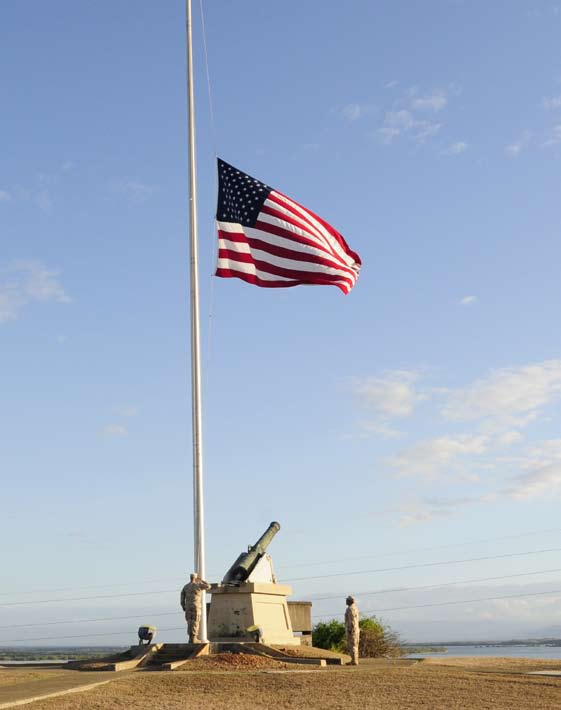
In museum representations of contested periods of US history, narratives are often based on rigid notions of who constitutes the victim and the perpetrator. Examples include West As America’s revisionist interpretations of frontier art which implicated artists in the violence of westward expansion; Enola Gay’s highly critical depiction of the US and the atom bomb in…
Read moreGuantánamo Is Mostly Not Exceptional
National Dialogue and Traveling Exhibit
Guantánamo is not exceptional. There has been enough scholarship-activism – enough debunking of myths and re-writing of histories – to make that abundantly clear. The history of the site is a history not of extraordinary, singular happenings, but of careful strategies. ‘Guantánamo’ could have been in Cuba or Haiti. Within Cuba it was selected from…
Read moreA Future Without a Past?
National Dialogue and Traveling Exhibit
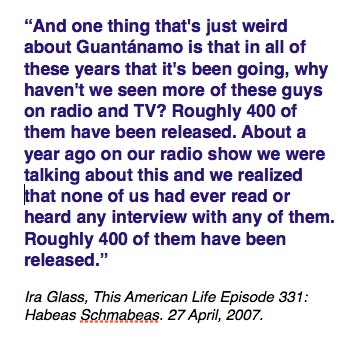
I remember hearing this episode of This American Life when I was in high school, in 2009. However it was not until I came across its transcription in the Guantánamo Public Memory Project files that I recalled any of its content. As I re-listen to it, I recall the sense of utter hopelessness I felt as…
Read moreStates of Exception: Not Exceptional
National Dialogue and Traveling Exhibit
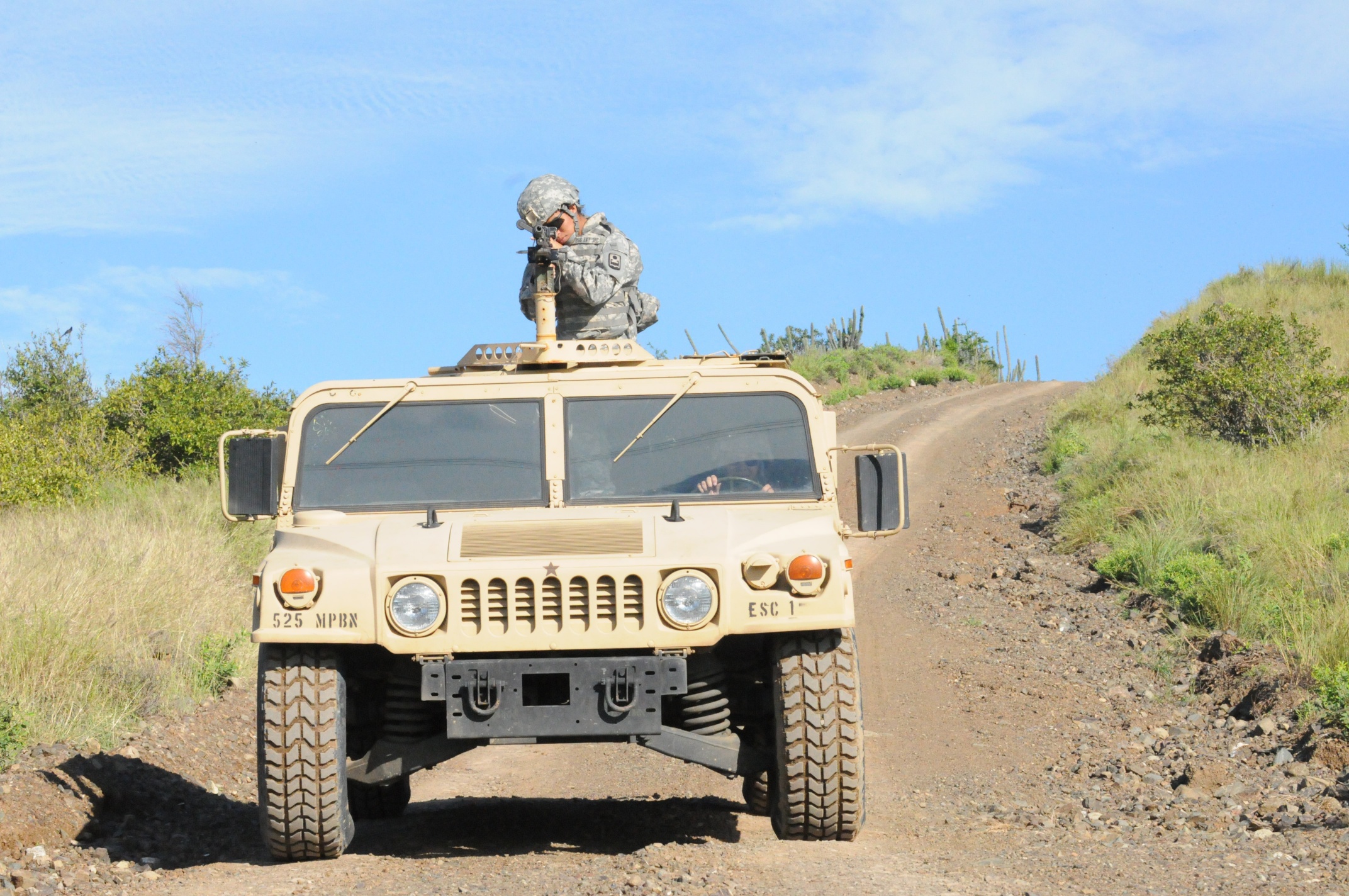
Guantánamo exists as a “state of exception” which has legitimated extraordinary policies, practices, executive measures, and laws since the US signed the lease agreement with Cuba in 1903. The lease gives Cuba sovereignty but grants the United States absolute jurisdiction over the land. This lease can only be revoked if both countries, namely the U.S.,…
Read moreThe Spanish-Cuban-American War
National Dialogue and Traveling Exhibit
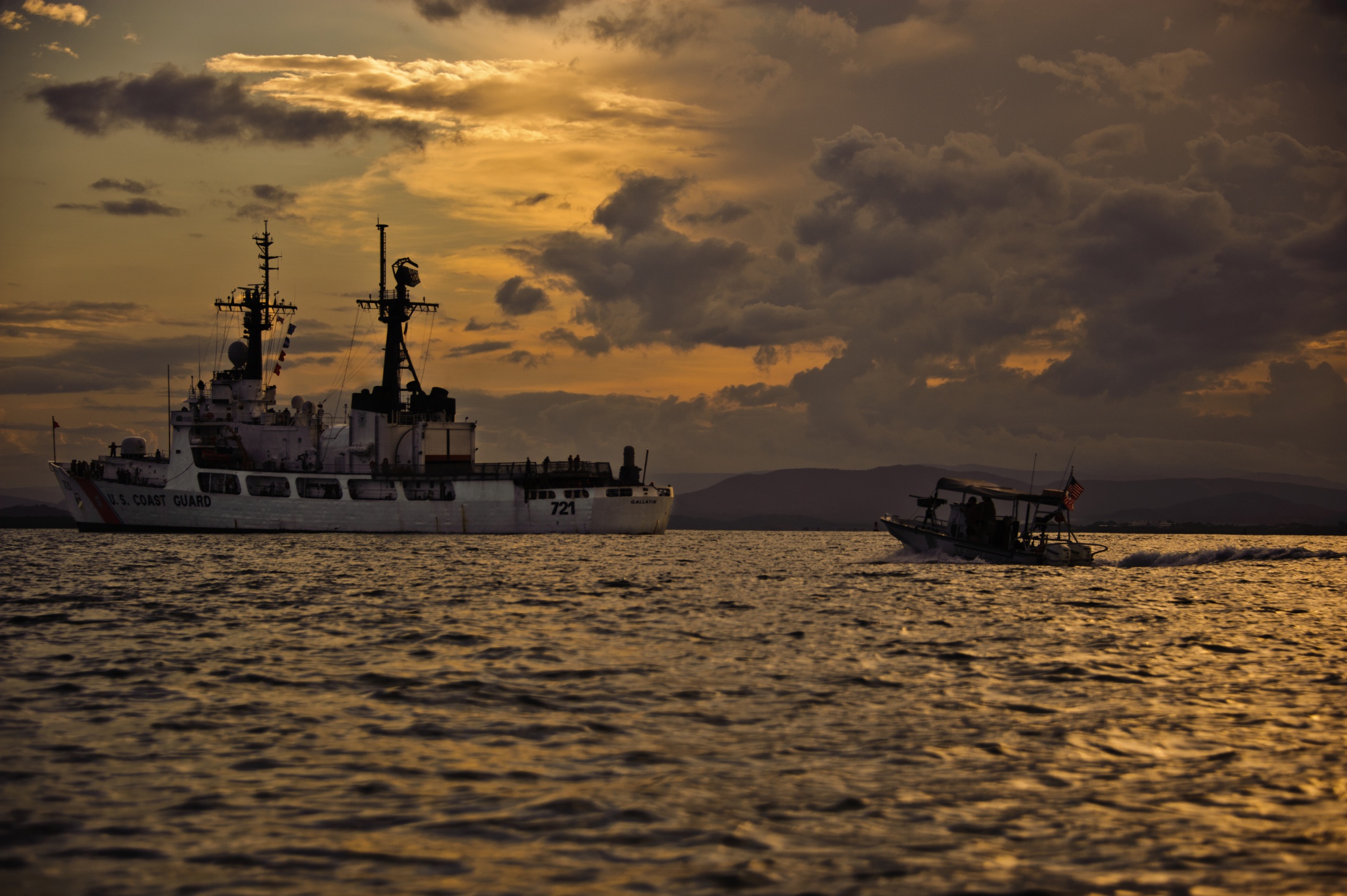
Beginning in 1895, Cuban revolutionaries began a war against Spain, their colonial power, in an attempt to become an independent nation. After having organized a new government, written a new constitution, and brought Spain to the brink of defeat, Cuba welcomed the United States’ entrance into the war on the revolutionary side in 1898. Together,…
Read moreAn American Concentration Camp
National Dialogue and Traveling Exhibit
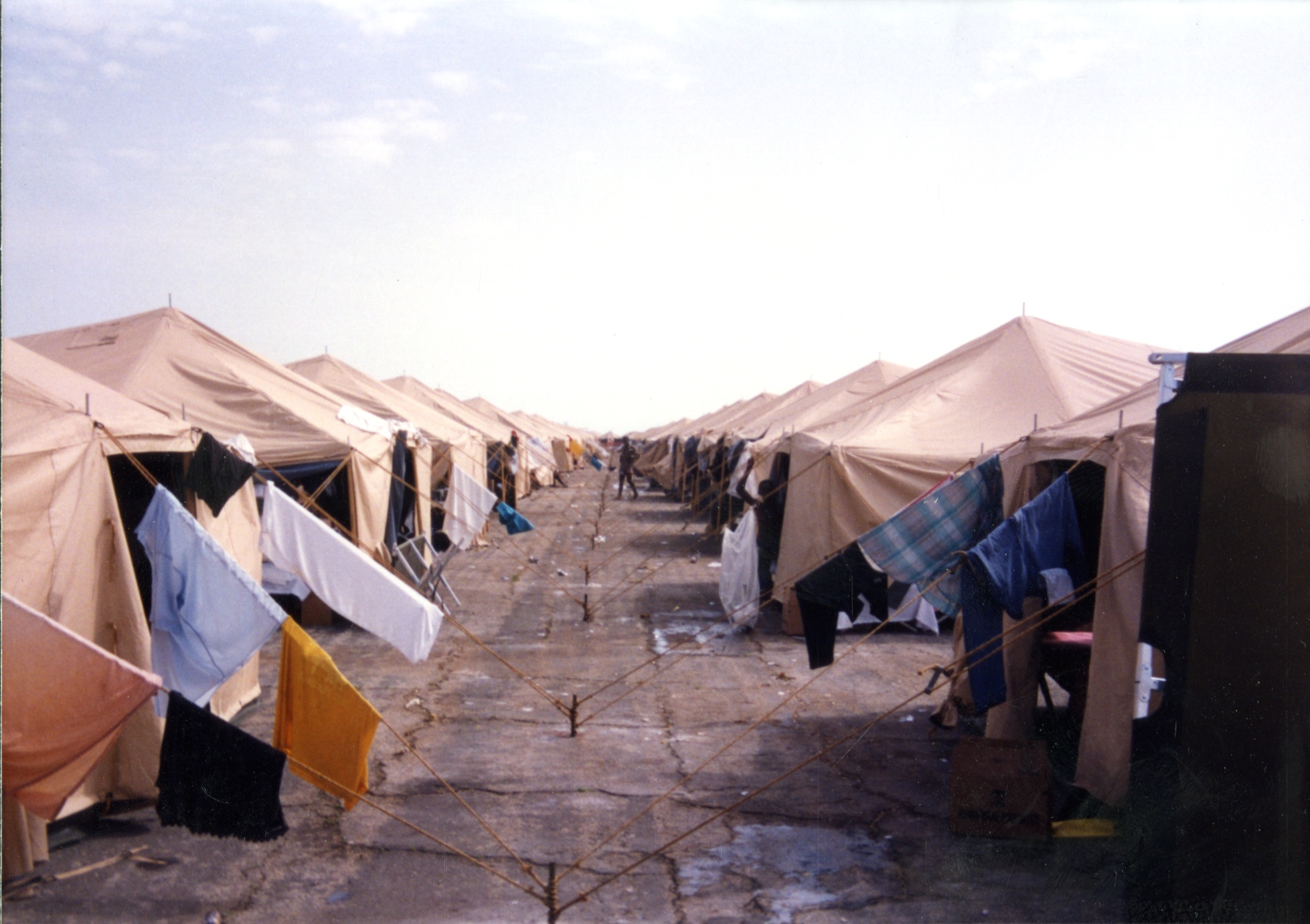
Concentration camp: A camp where persons (as prisoners of war, political prisoners, or refugees) are detained or confined; Internment center by a government to confine political prisoners or members of national or minority groups for reasons of state security, exploitation or punishment. Concentration camps in the Western world, I thought, were sites of human rights…
Read more“Persons” verses “People”: How Semantic Gymnastics Have Made Guantánamo a Legal Black Hole
National Dialogue and Traveling Exhibit
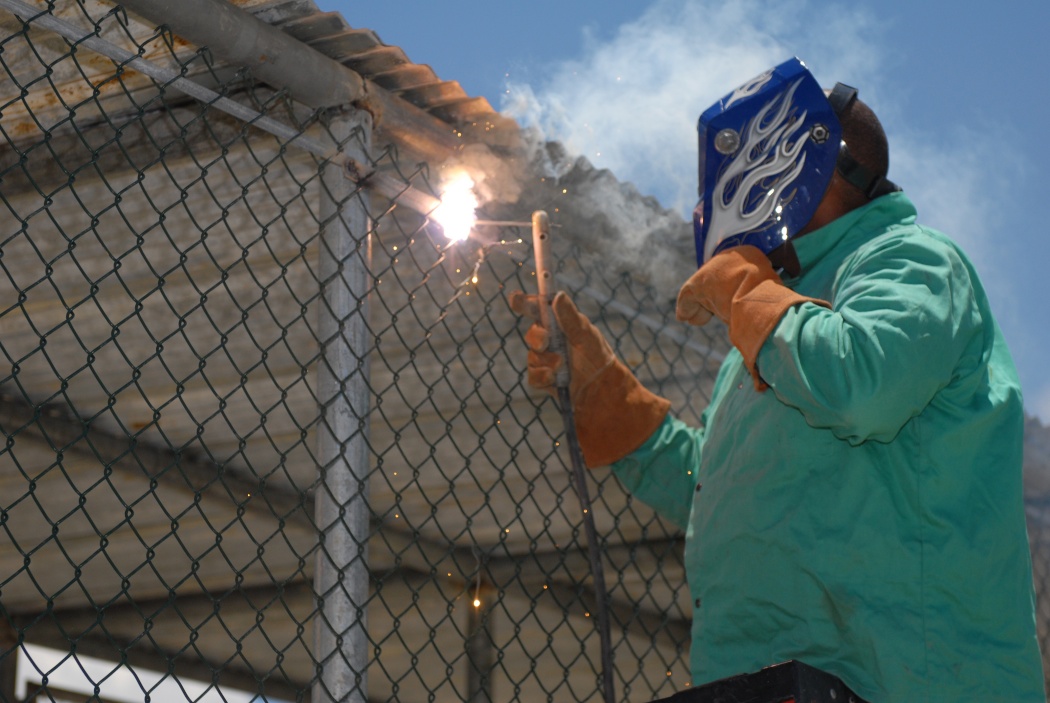
The naval station at Guantánamo Bay presents a number of complicated questions concerning human rights, international relations, and the United States constitution. The bay is located on the Southeastern tip of Cuba and has been leased by the United States since 1903. The lease gives the United States sovereignty over the territory––the land is American…
Read moreInterrogation and Torture at Guantánamo
National Dialogue and Traveling Exhibit

When the September 11th terrorist attacks occurred, I was a young teenager developing a personal interest in the world around me and the politics that controlled it. However, there wasn’t much to discuss in the aftermath of 9/11. President Bush had announced that “either you are with us, or you are with the terrorists,” and…
Read moreRecovering Haitian Stories
National Dialogue and Traveling Exhibit
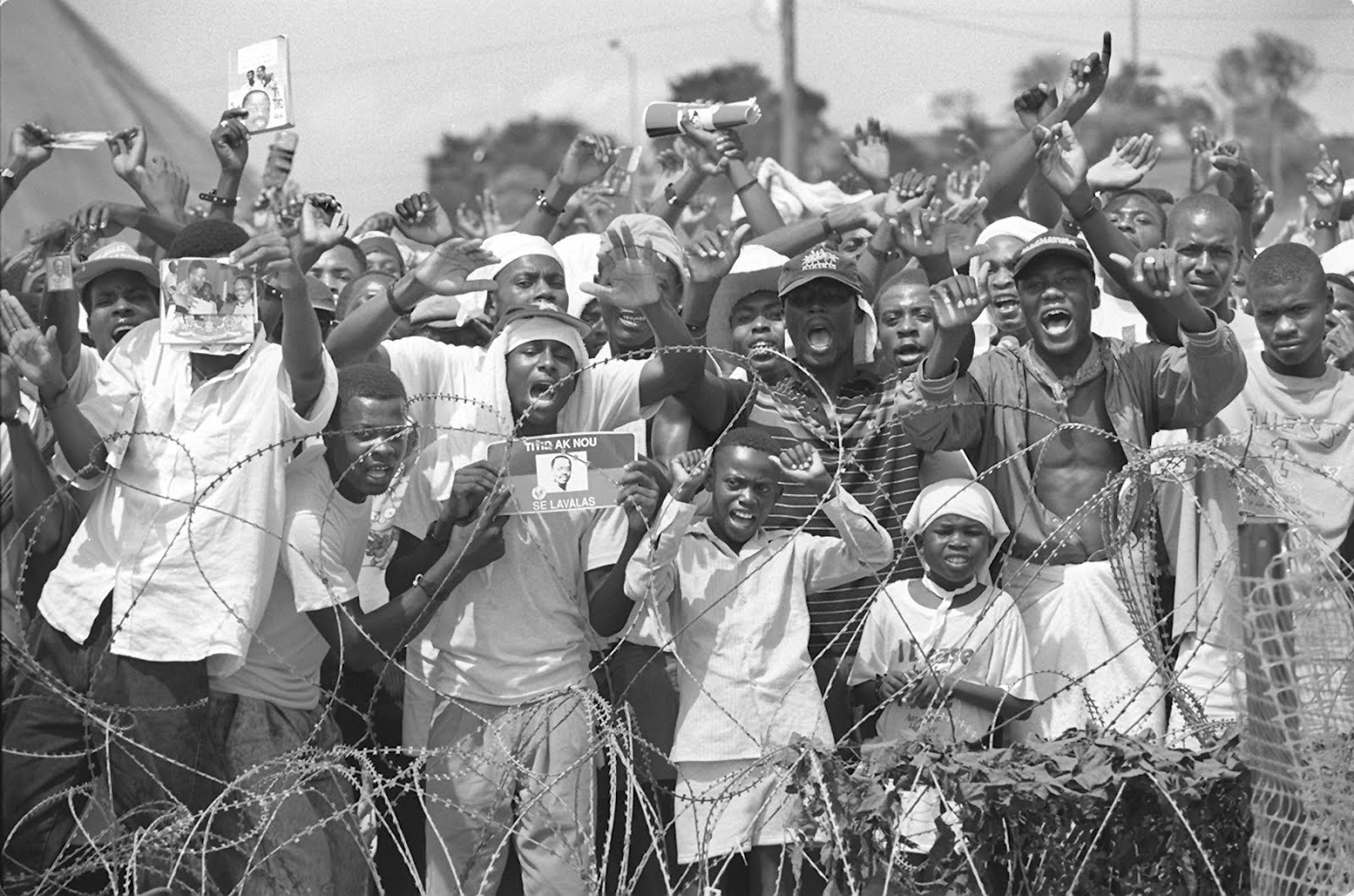
This image captures the faces of just a very few of the Haitian detainees at the United States naval station at Guantánamo Bay, Cuba. They include young and old. Their hands are raised in the air in protest of their captivity behind hurricane fencing. They are unprotected from the sun’s heat. A sign in Haitian…
Read moreCreative: Picture Projects & Tronvig Group

